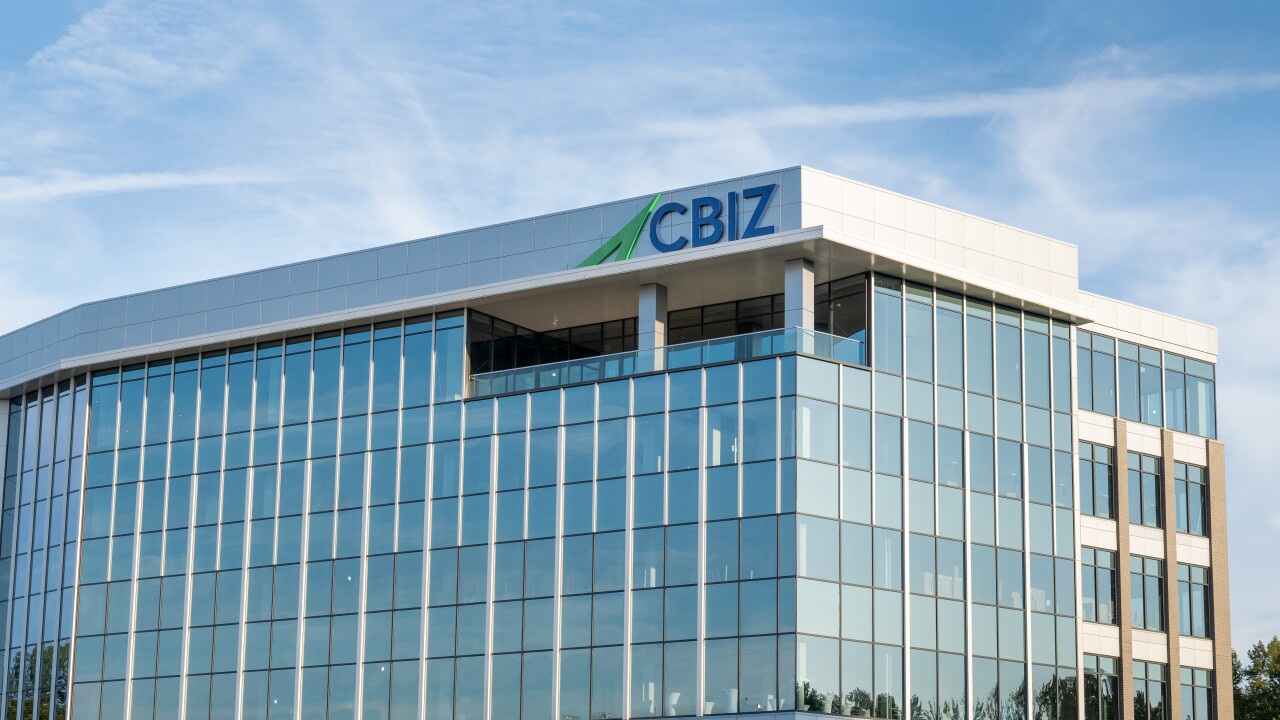New Jersey Governor Phil Murphy introduced a $53 billion budget Tuesday that includes $2 billion in rebates for homeowners and renters, a third straight full pension payment and an end to a tax surcharge on corporations including Amazon.com Inc. and Walmart Inc.
Murphy said the proposed spending plan for the fiscal year that starts July 1 is 3% less than for the current fiscal year. But that's only if lawmakers give him permission to raise this year's budget by $2.3 billion, money that he said he would use to reduce and avoid debt.
Addressing a legislature dominated by fellow Democrats in Trenton, Murphy, a 65-year-old retired Goldman Sachs Group Inc. senior director, said his sixth annual budget was built on affordability, responsibility and opportunity. It contains no new taxes, he said.

Murphy plans on a $10 billion surplus, New Jersey's highest ever, and a $7.1 billion pension contribution, the third consecutive full obligation to the retirement fund in 25 years.
"This budget will help insulate our state for uncertain economic times," Murphy told lawmakers. "None of us hopes for an economic downturn. But should one occur, we will be on a far stronger footing to react in real time to ensure that critical investments can continue, that our economy can be backstopped and that vital safety nets can be quickly put up so no one falls through the cracks."
For a second straight year Murphy is offering $2 billion in cash rebates to residents, whose 2022 property-tax bills averaged $9,490, the highest in the nation. Spending on local schools, whose costs are a main driver of property taxes, is a proposed $19.6 billion, accounting for more than one-third of the budget. The child tax credit would double to as much as $1,000.
For seniors, Murphy would expand eligibility for prescription drug discounts and expand a property-tax freeze for those with incomes of as much as $150,000.
Republicans, though, said Murphy is making essential missteps.
"Instead of providing real tax relief to New Jerseyans, the governor is building a massive $10 billion surplus that will get devalued by inflation," Senate Budget Officer Declan O'Scanlon said in a statement.
The budget, Murphy said in a briefing document, aspires "to build even greater confidence in our financial direction and in our ability to honestly meet our obligations." That's a clear message to the three major credit-ratings companies, which have upgraded the state by one level since March.
Still, New Jersey has serious financial challenges.
The spending plan holds fares steady on commuter bus and rail as New Jersey Transit is staring down a $550 million shortfall of its own in 2026. The administration hasn't said where it will find funding.
From 1995 through 2024, the administration says, Murphy will have made almost 73% of the state's total pension contributions, after predecessors from both parties had skipped or shirked on what was due. Still, the plan for 800,000 current and future retirees has more than $100 billion in unfunded liabilities, according to S&P Global Ratings.
Taxing businesses
Murphy came to office in January 2018 with a pledge to better the state's finances and boost the middle class, with initiatives including free community college tuition, expanded affordable homeownership, earned workplace sick leave and a $15 minimum wage by 2024.
Some of that happened on the back of business.
New Jersey's tax rate for businesses with net income greater than $1 million jumped to 11.5% in 2018, in what was to be a temporary step, and was scheduled to gradually return to 9% in 2021. But the 2.5% surcharge was extended by lawmakers until the end of 2023 as the pandemic took hold and revenue plunged amid shutdowns.
Ultimately, revenue boomed on pandemic spending and U.S. aid. Business groups and Republicans, the legislature's minority party, have been pushing Murphy to end the surcharge. Murphy told
Highest rate
No other state has a corporate tax rate greater than 10%. New Jersey has the highest top levy at 11.5%, followed by Minnesota at 9.8% and Illinois at 9.5%,
"It's part of the reason that New Jersey consistently has the worst business climate in the U.S. in national rankings," state Senator Doug Steinhardt, a Republican from Lopatcong, said in a statement.
Neighboring Pennsylvania's corporate tax rate fell 1 percentage point, to 8.99%, on Jan. 1. The rate will continue to decrease by 0.5 percentage point each year until it reaches 4.99% in 2031. And in New York, Governor Kathy Hochul has endorsed keeping the current business income tax rate of 7.25% for an additional three years.
Progressives have opposed the sunset plan, calling it a $600 million tax cut for companies that don't need it. The surcharge is paid by the top 2% of the wealthiest businesses operating in the state, including on the New Jersey earnings of global corporations such as Amazon and Walmart that aren't headquartered there.
"Making millionaire corporations pay what they truly owe will be necessary to balance the state budget and maintain funding for vital public services," said Sheila Reynertson, senior policy analyst at the Trenton-based New Jersey Policy Perspective, a nonprofit group that advocates for progressive causes.





